
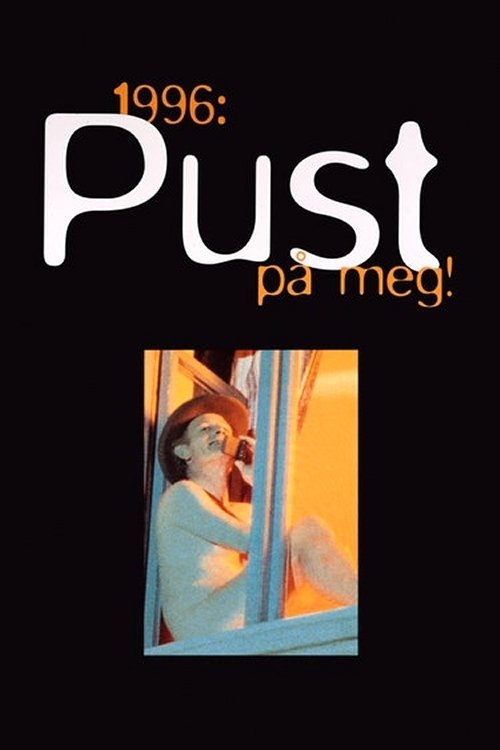
On a day in April 1996, four stories play out in the confines of a flat in the heart of Oslo.
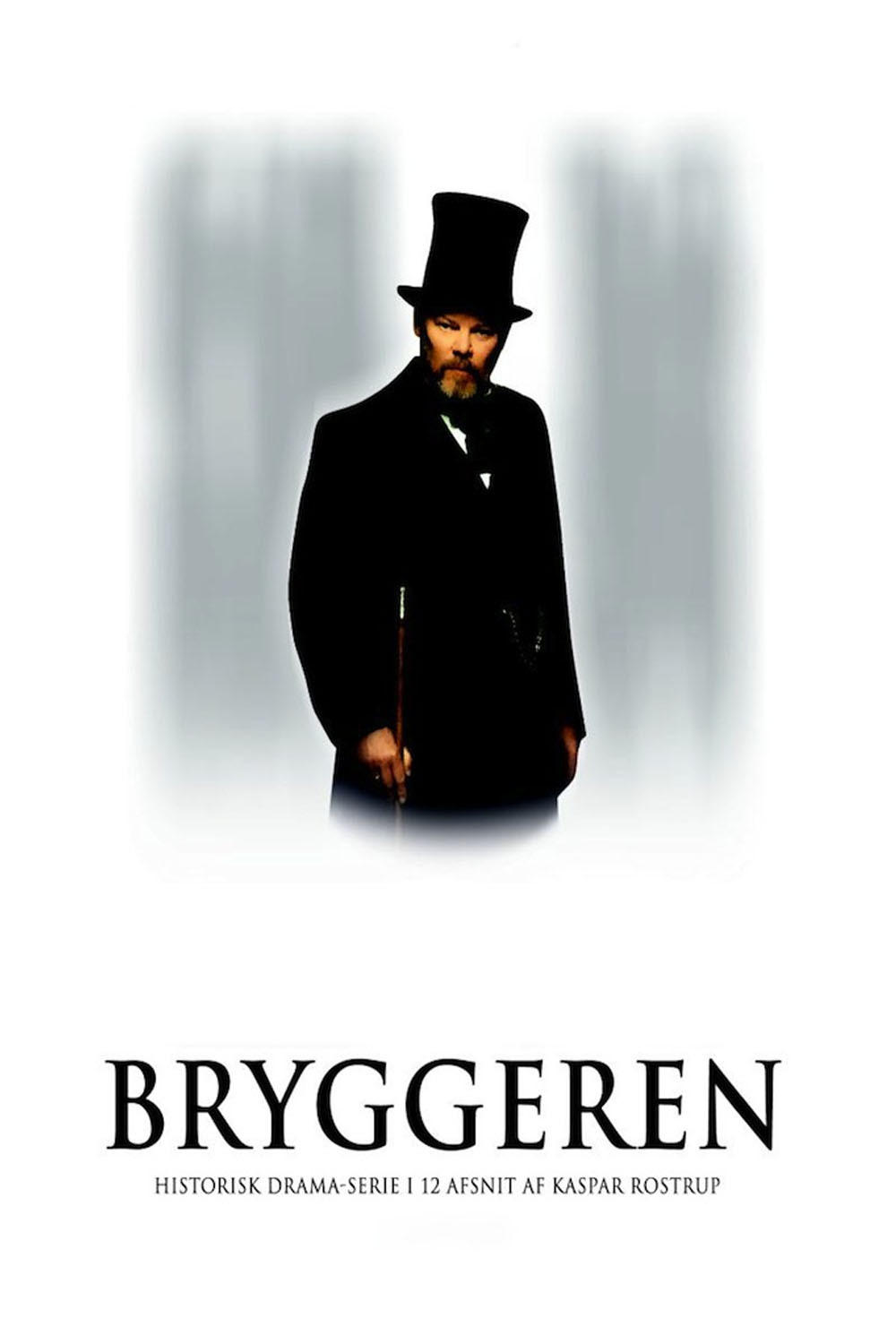
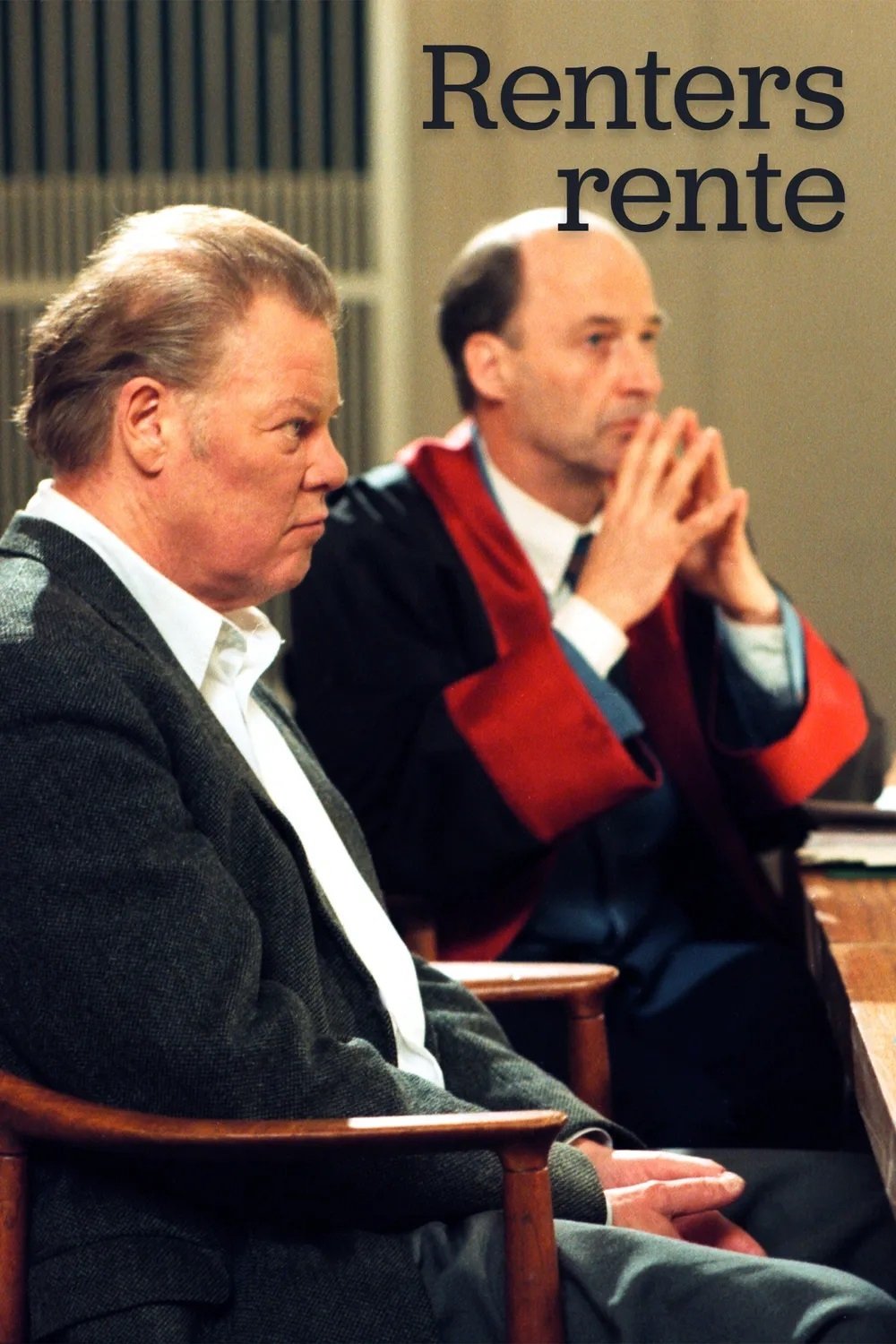
The insecure apprentice waiter, Axel, is reprimanded by the old master, Fendrup, for his unpolished serving technique: 'It is necessary to dare to give a part of yourself in order to be able to provide the sublime. Do you dare, Axel?' This evening's 100th birthday party develops into Axel's dizzying encounter with love - of food, wine and the woman he serves for.
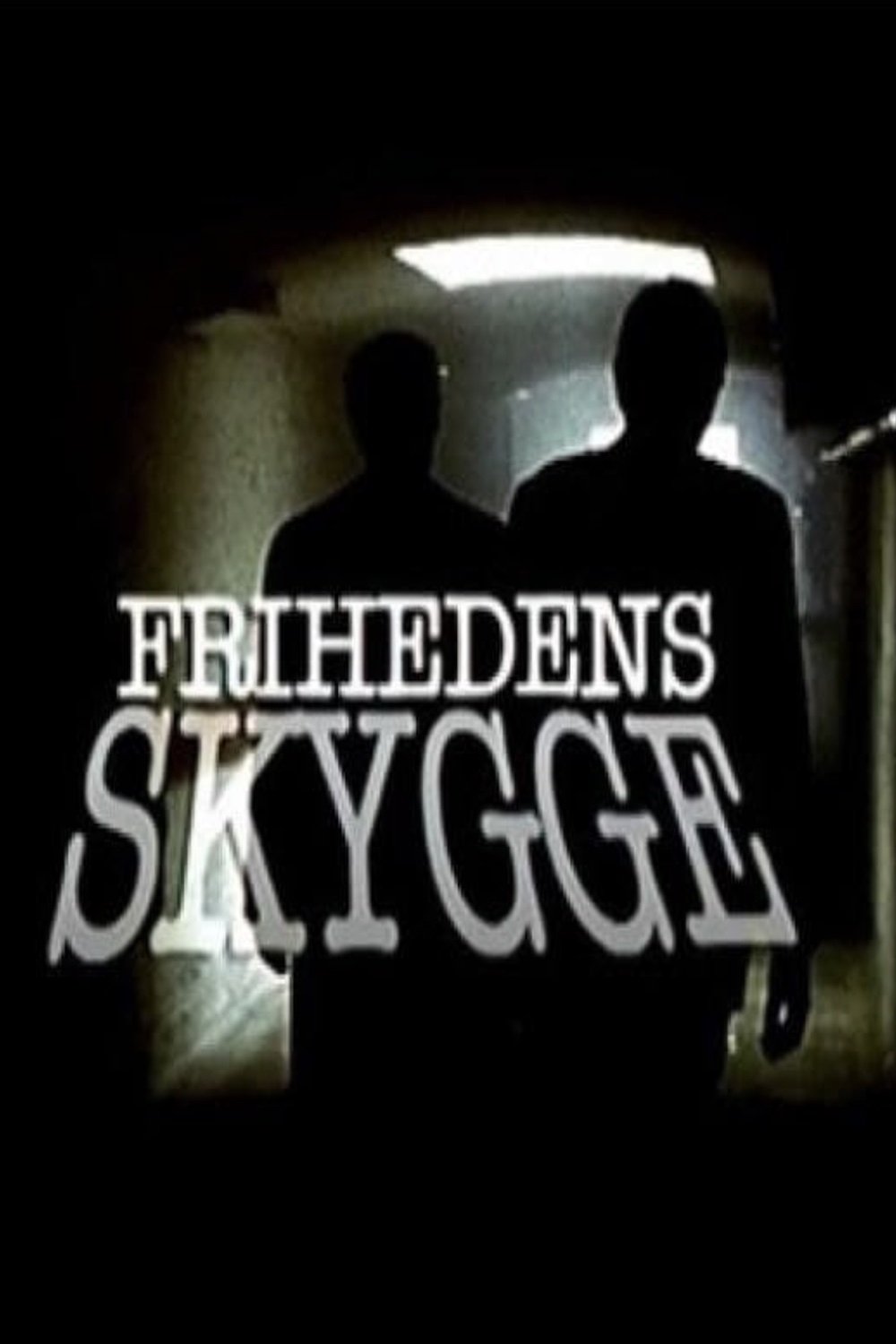
A young man on the run after a stay in prison is chased through the Northern parts of Scandinavia for a murder he has not committed.

Combining the exultant sweep of epic period drama with the subtle intimacy of biography in a social perspective, this is a tale of materially impoverished childhood, struggling early manhood and an unrequited first love turned into good musical fortune for Carl Nielsen, one of the great composers of the 20th century. Based on the composer's autobiography, the film itself is designed to soar like a symphony.

At their 25th high-school anniversary some bourgeois citizens remember their time in school as a happy one. In reality it was quite the contrary. The school was a madhouse in which the teachers, especially Blomme, tormented the students. As a result one of them became a murderer.
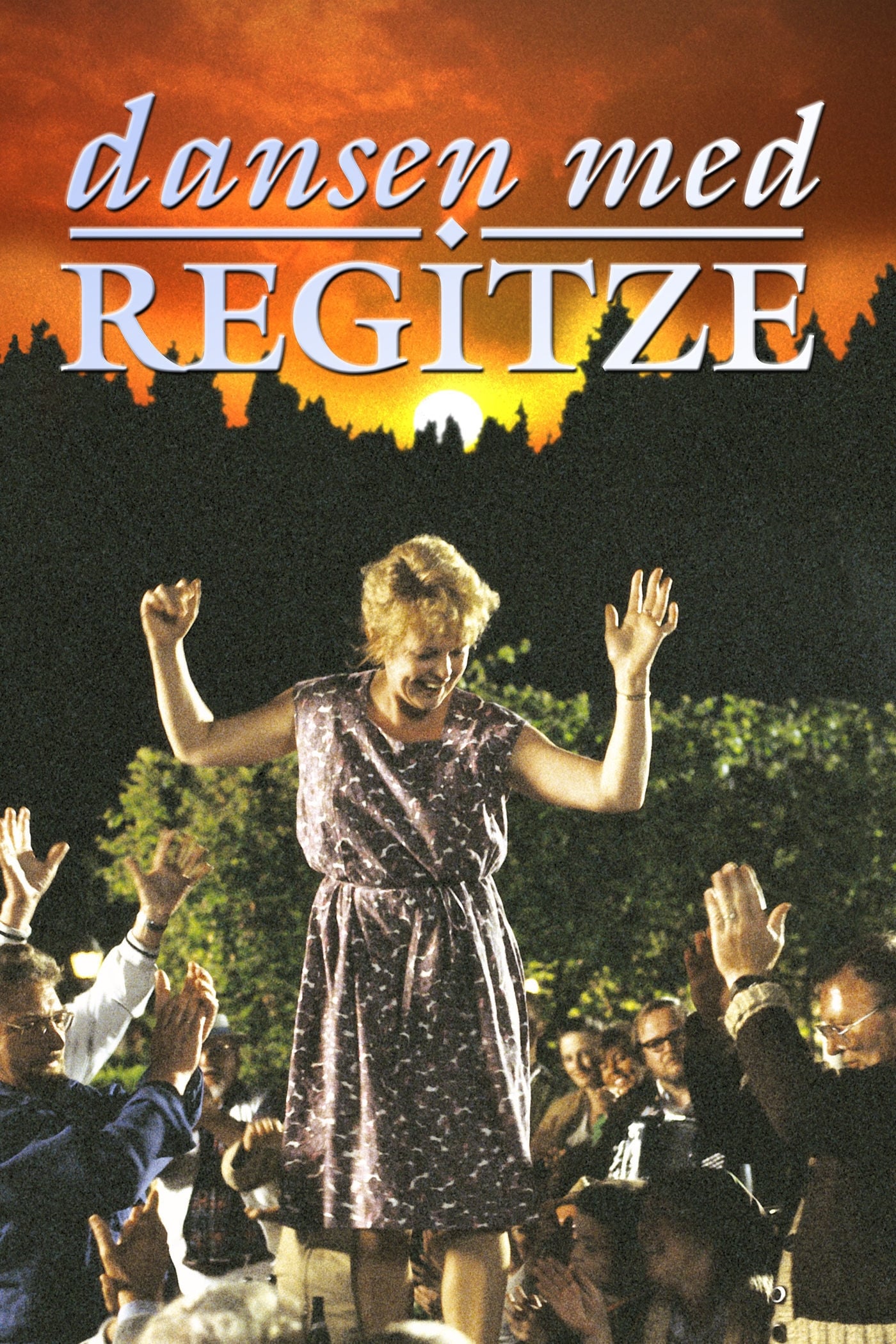
Karl Åge and Regitze host a summer garden party for close friends, their son, and his family. Karl Åge is quiet, detached; Regitze is spirited, lively. He thinks back: love at first sight during the war, living together unmarried, her mother's hunger strike when they won't baptize their son. Regitze is passionate and forthright; she speaks her mind. He remembers her inviting a derelict for Christmas dinner, and the man shows up with five bashful friends. He recalls her taking on their son's teacher when the man slaps the lad. He remembers her love of dancing and his fear that his social clumsiness might end their relationship. Now, in twilight, he has other things to face.
By browsing this website, you accept our cookies policy.